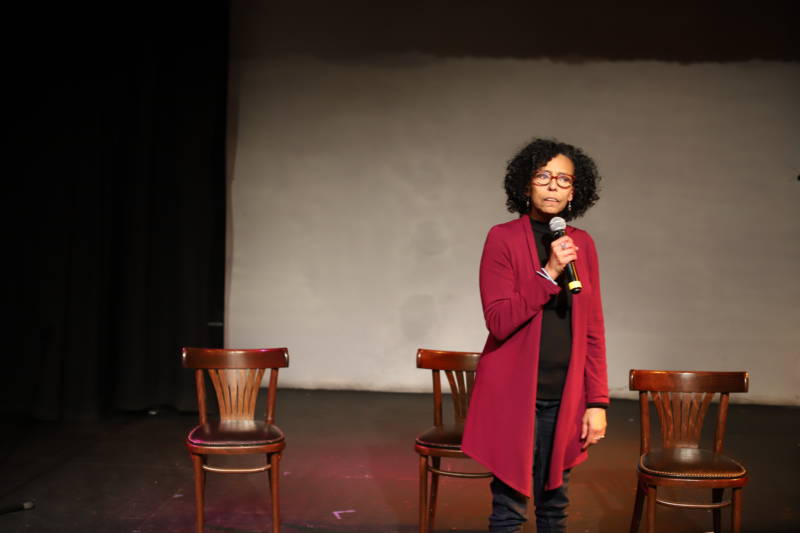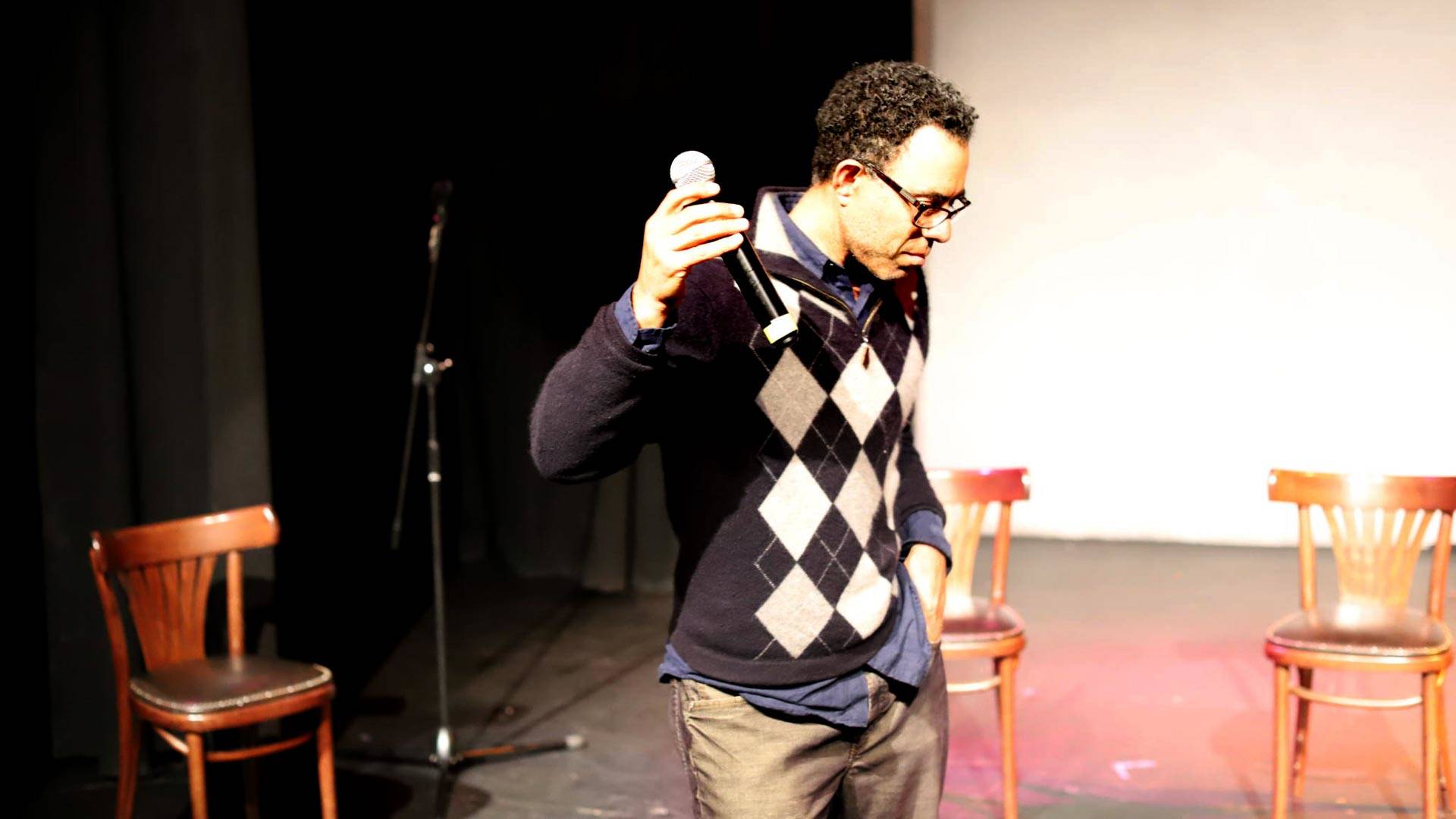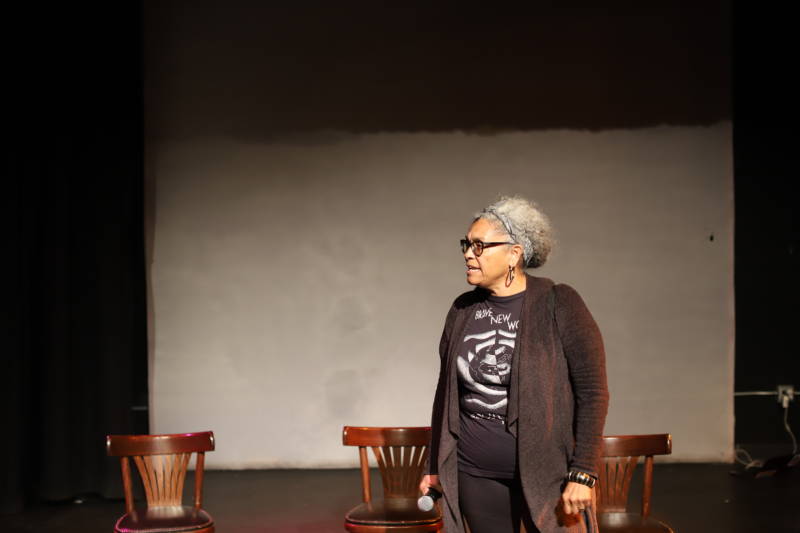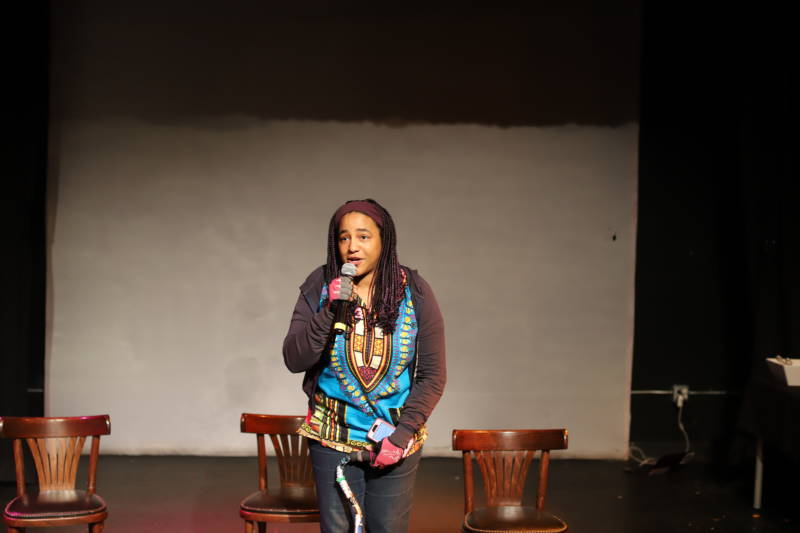It was a standing room-only crowd as supporters of Stephen Buescher, the plaintiff in a discrimination lawsuit against his former employer American Conservatory Theater (ACT), gathered Wednesday evening to discuss racism in the theater world.
In a complaint filed a day prior, Buescher alleges that ACT, where he held faculty and creative roles for ten years until 2018, created a racially hostile environment and systematically discriminated against black artists, staff and students.
The event in the 92-seat theater at Pianofight in San Francisco was billed “#LiftTheCurtain on Racial Inequity in the Arts.” For more than an hour, Buescher, current staff and students at American Conservatory Theater and other theater figures passed a microphone to share their frustrations with being typecast, tokenized and silenced as black artists.
It began with poems from Jerrie Johnson, one of several ACT graduate students present, followed by Buescher. Choking up, he called his experience at the company a “long, silent, lonely road” before saying that, in the wake of the lawsuit, he’s heard from many theater figures with similar accounts. Most of the following speakers said they now felt emboldened.

Stephanie Wilborn, community programs manager at ACT, read a prepared piece about being one of few black workers at the company, including references to colleagues inappropriately touching and commenting on her hair. “It means having a board member ask you your name for the fifth time and then ask what year you’re graduating,” she said.




